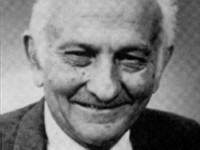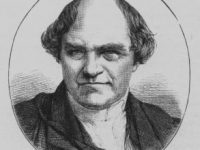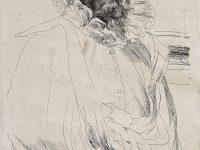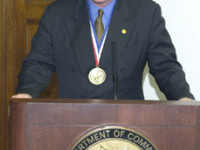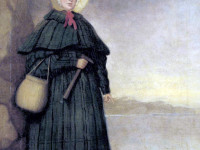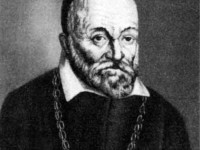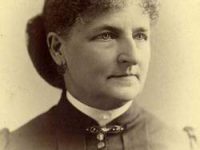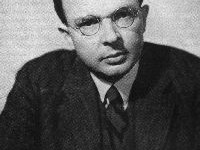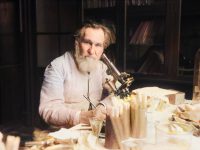John Cocke and the RISC Architecture
On May 30, 1925, American computer scientist John Cocke was born. Cocke is recognized for his large contribution to computer architecture and optimizing compiler design. He is considered by many to be “the father of RISC computer architecture.” John Cocke – Background Information John Cocke was born in Charlotte, North Carolina. His father Norman was the president of Duke Power Company and a member of the Board of Trustees of Duke University.…
Read more

